How to stop a dog playing with rocks in the water, by top trainer Ben Randall
Some dogs get it into their heads to try to retrieve all manner of dangerous objects, such as sticks, rocks, stones and pebbles. Ben Randall advises on how to keep your dog calm around water and avoid them getting into such a frenzy.

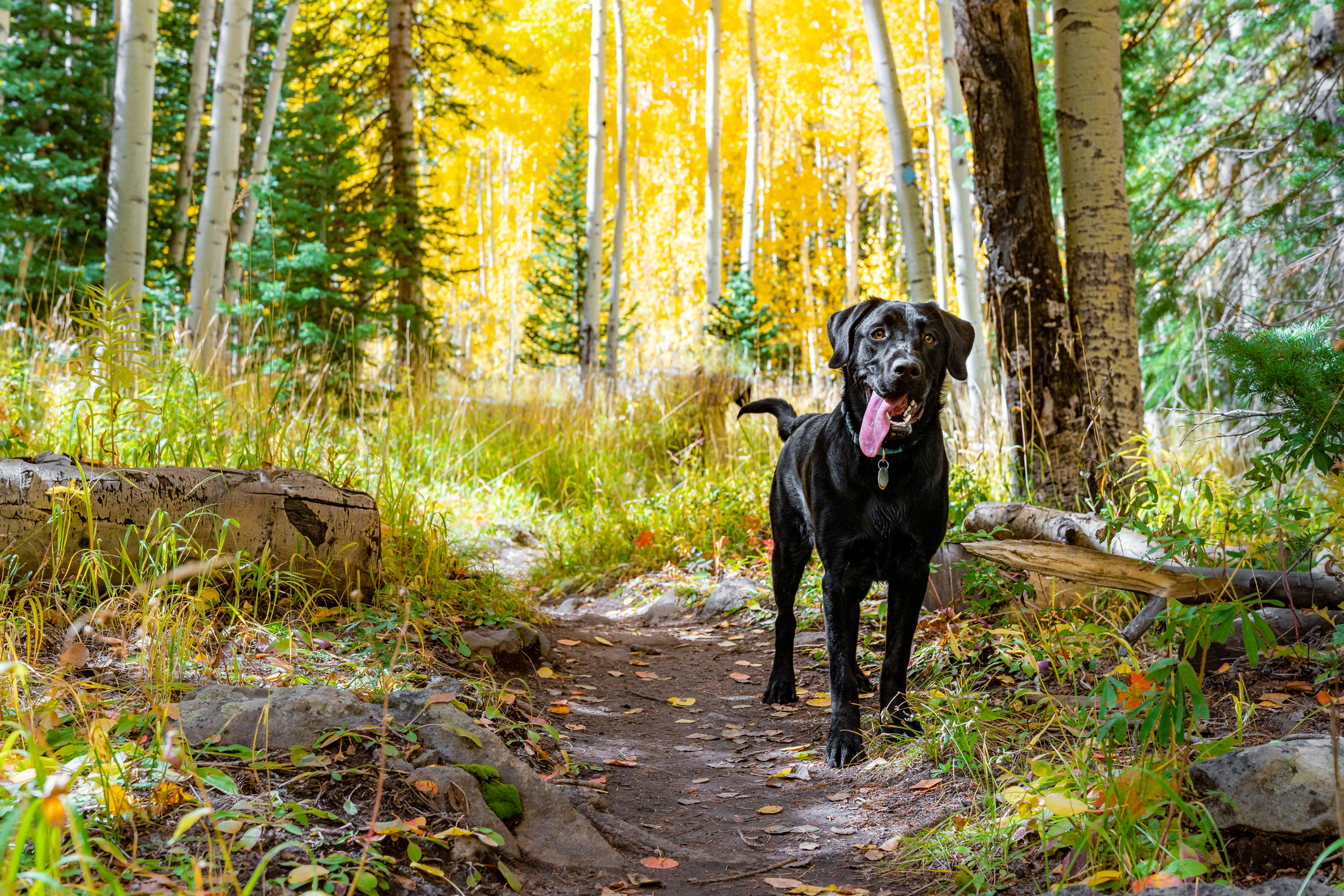
Exquisite houses, the beauty of Nature, and how to get the most from your life, straight to your inbox.
You are now subscribed
Your newsletter sign-up was successful
Many dogs adore water and like nothing more than leaping into rivers — or the sea — for a refreshing dip, especially if it involves retrieving a tennis ball or two. But what do you do if your pooch loves it so much that they turn into an uncontrollable and overexcited whirling dervish that just won’t listen to reason?
This is the issue facing E.S., who contacted our paws-for-thought@futurenet.com email address to ask for Ben’s advice on how to deal with her Labrador’s tendency to go overboard when it comes to water and her drive to pick up and carry rocks.
Dear Ben, I have a young Labrador, who is obedient and doing well in most aspects of her training, apart from when she is near water of any sort. She gets so excited when she’s by the sea or a river, that she loses her head and starts frantically rushing about, plunging into the water and picking up and carrying rocks and stones. Fortunately, these are so big that she can’t swallow them, but she is wearing down her teeth and I am at a loss as to how to calm her down. Please can you advise on how to tackle this? Any advice would be greatly appreciated. — E.S., via email
Thank you for your letter. I presume from what you say that your dog is from a working Labrador breed line and, like most working breeds, she obviously really enjoys being in the water.
However, working dog breeds should be taught that their reward is in the water, not the water itself. They need to understand that, if they sit steadily and calmly on a riverbank, foreshore or seashore, that they will subsequently have the opportunity to retrieve a ball or a water dummy out of the water multiple times.
In an ideal world, although your dog might be on high alert when it approaches any water with you — as she’s understandably keen on the possibility of swimming and getting some retrieves — she should always be engaging and connecting with you. This is because a well trained dog knows that their reward is coming directly from you and not the water itself. From your letter, I am almost sure that this is not the case. It sounds as though your dog has been allowed to have too much freedom and free play and been able to consistently find her own enjoyment in the water.
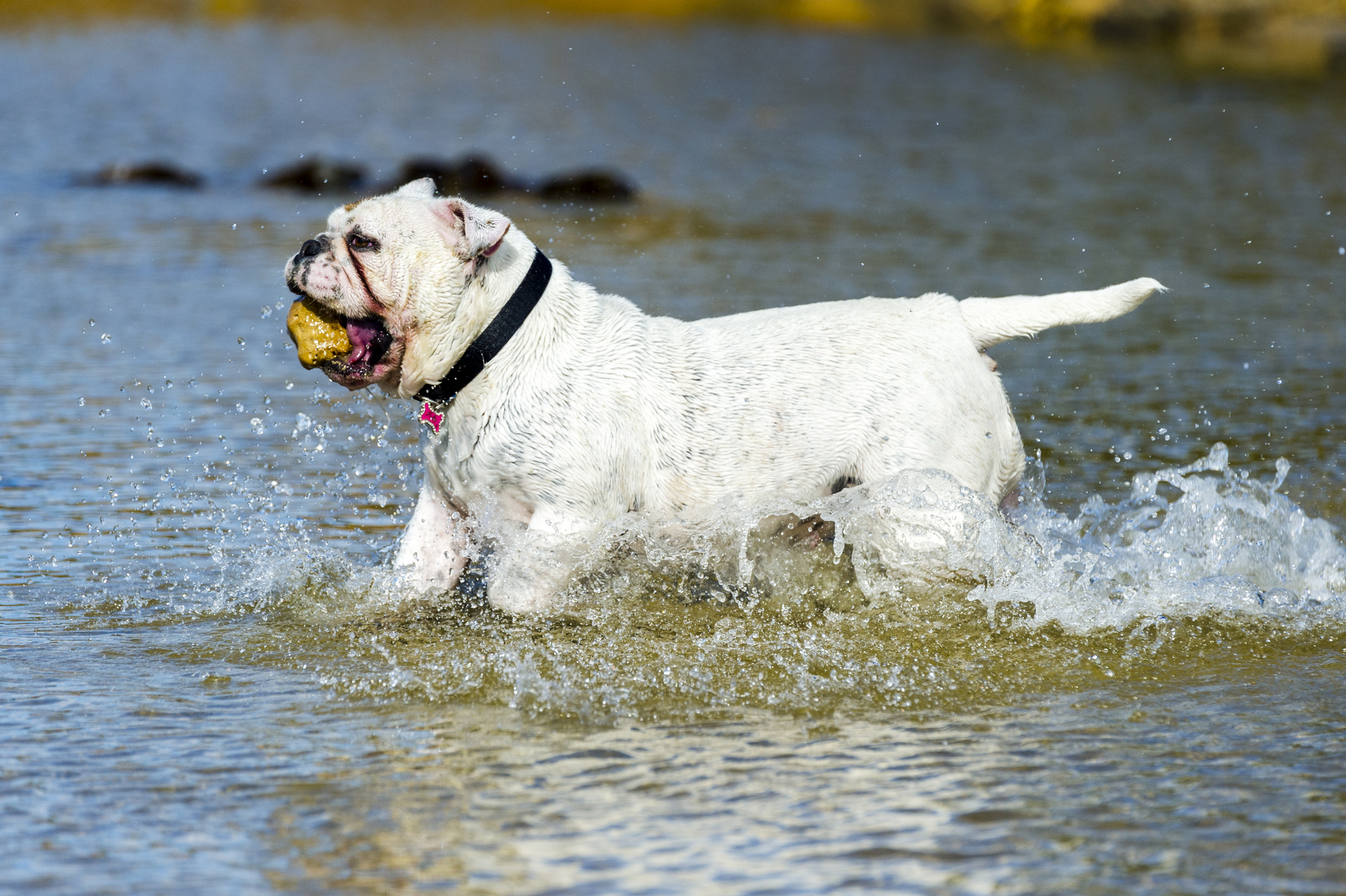
I’ve been perfecting my BG (Beggarbush) foundation methods for nearly 20 years and understand that even experienced dog owners come up against issues that they are not sure how to handle.
However, with a little time, patience and careful retraining, it won’t take long to calm your dog’s excitement around water and to dissuade her from retrieving rocks and stones. You can learn more via @beggarbush on Instagram and my dog-training app (this link will let you get a free trial) or ask me your own question by emailing paws-for-thought@futurenet.com.
Exquisite houses, the beauty of Nature, and how to get the most from your life, straight to your inbox.
Ben’s five top tips for calming your dog in water and stopping it picking up stones
1. Immediately stop letting your dog run wild on the beach or riverbank
Do not allow your dog to continue having its freedom in the water. Try to find something that your dog is really keen on — be that a food reward, a dummy or a ball — so that, when you get to the water, you can practise some sitting, staying and heeling just back from the water’s edge.
2. Gradually reintroduce some fun retrieves
When you have regained some control and calmness around water, add in some retrieves, so that your dog starts to have more fun and therefore a closer engagement with you. When you are happy that she is more connected and switched on to your commands, sit her on the riverbank or seashore and throw the dummy or ball into the water, but do not send her straight away. Ask her to wait for a short length of time, then turn around and walk her to heel away from the water for 10 to 20 metres.
Then, if she’s well trained enough, send her for a retrieve in the opposite direction on the riverbank or seashore, before rewarding her with a much coveted water retrieve. You can use whatever she prefers, just make sure it’s a water dummy or a tennis ball that will float and not sink to the bottom.
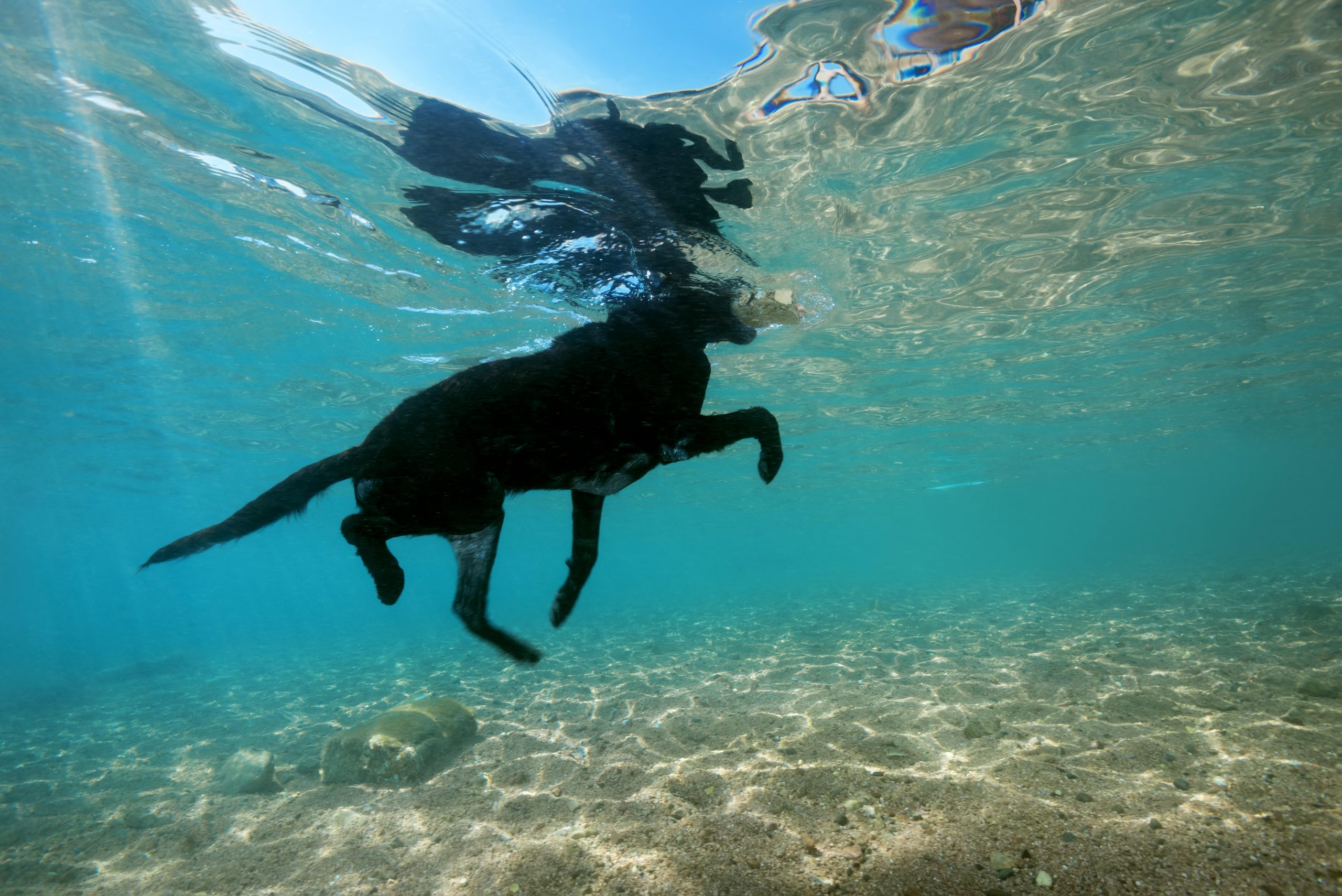
3. If she gets too excited, take her home and try again another day
At first, of course, the prospect of being near the water and having a retrieve might just be too exciting. If this is the case and she runs off, gets in the water and won’t respond to your recall, get her out of the water as quickly as you can and remove yourself from the area.
Furthermore, as I say in all my articles, if your dog is not listening and responding in this environment, always be honest with yourself and ask the question: ‘Is he or she ready to be here today?’ Is his or her understanding and adherence to your commands strong enough? The answer is always no.
4. Remove any stones or rocks carefully and calmly
If she can’t help herself and picks up a stone or rock before you can prevent her from doing so, remove it, as quietly and carefully as you would do with a normal retrieve and continue with the training exercise set out above. The last thing you want is for your dog to start swallowing stones — it can happen.

5. Be consistent and patient and repeat this exercise as often as you can
The more you repeat this type of training, the better your relationship and your connection with your dog will be. And your dog will soon start to see you as his or her fun, as she’s always working towards the ultimate reward of that super exciting water retrieve. Before long — and by putting some time in on this — you will hopefully find that she is so focussed on you and her next retrieve, that those rocks and stones are a distant memory.
For more detailed advice about Ben Randall’s positive, reward-based and proven BG training methods, one-to-one training sessions, residential training or five-star dog-boarding at his BGHQ in Herefordshire, telephone 01531 670960 or visit www.ledburylodgekennels.co.uk. For a free seven-day trial of the Gundog app, which costs £24.99 a month or £249.99 a year, visit www.gundog.app/trial
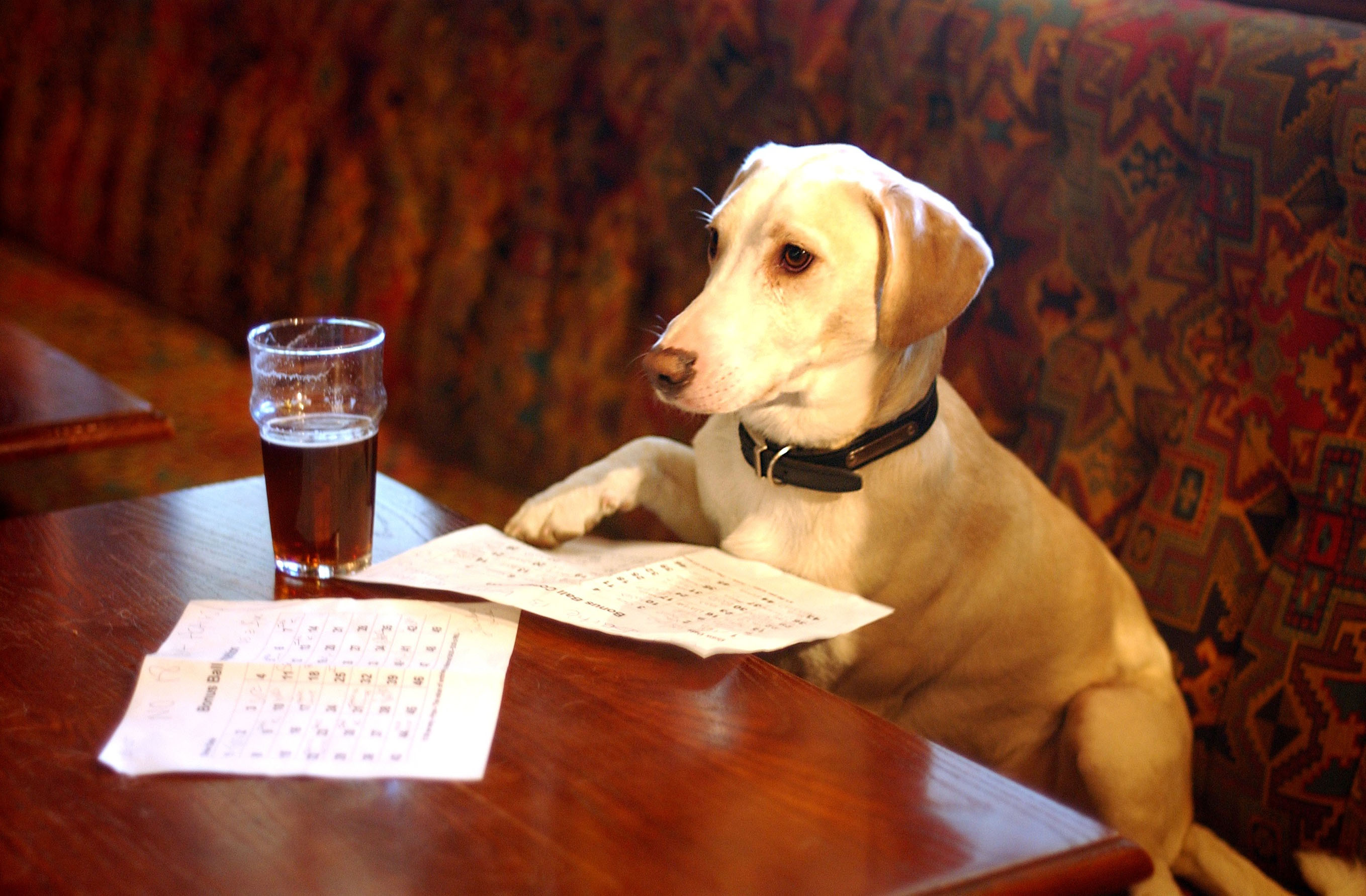
Credit: Alamy
How to take your dog to the pub, by expert trainer Ben Randall
Enjoying a drink in a lovely country pub with your dog snoozing quietly at your feet is one of the

Credit: Getty
How to introduce a puppy to your cat, by expert dog trainer Ben Randall
Introducing a dog to a cat can be nerve-wracking, but get it right and the two of them can get
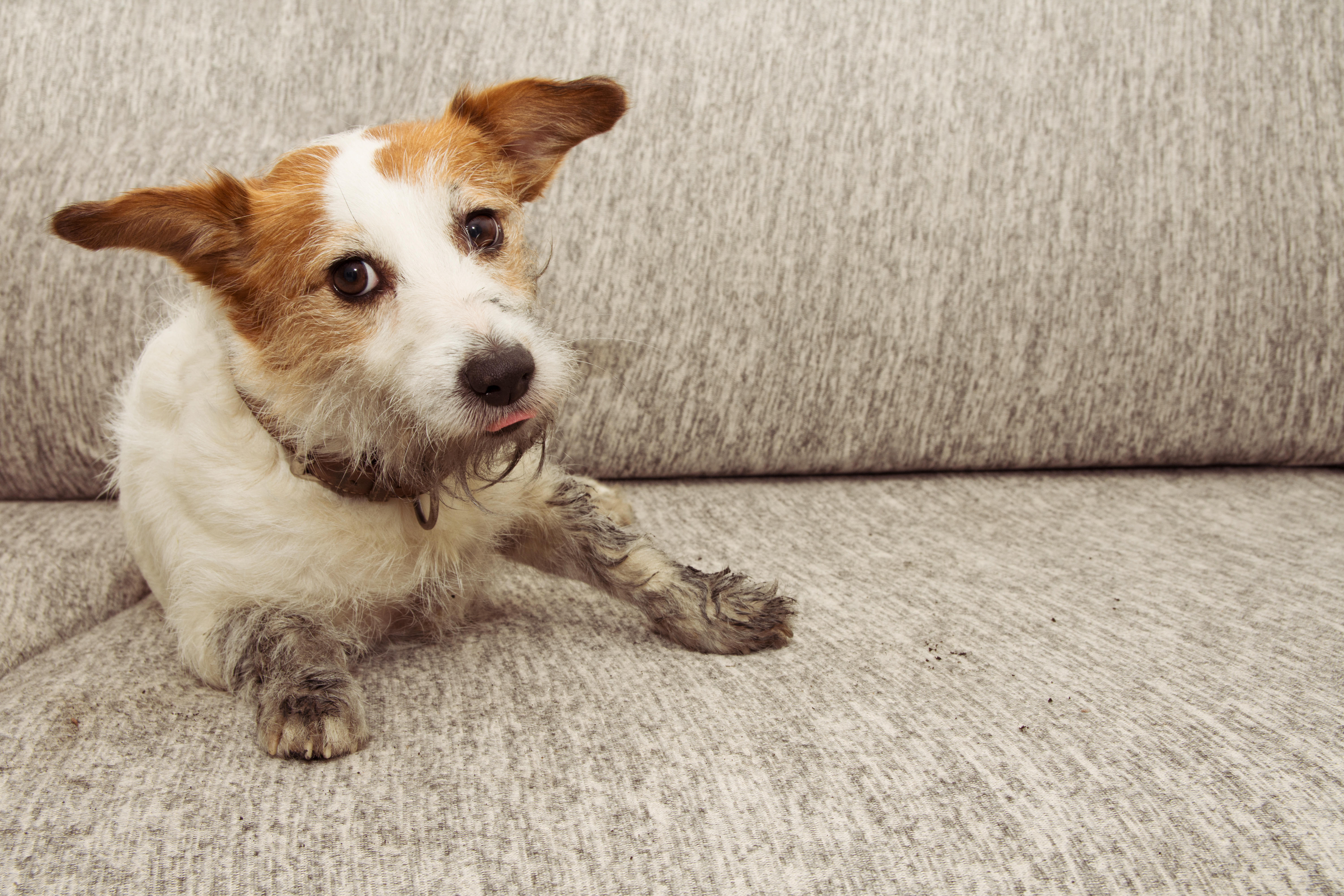
Credit: Alamy
How to keep a dog off the sofa, by top trainer Ben Randall
Fed up with Fido leaping onto the furniture — whether it's your sofa, armchair, or your bed — whenever he
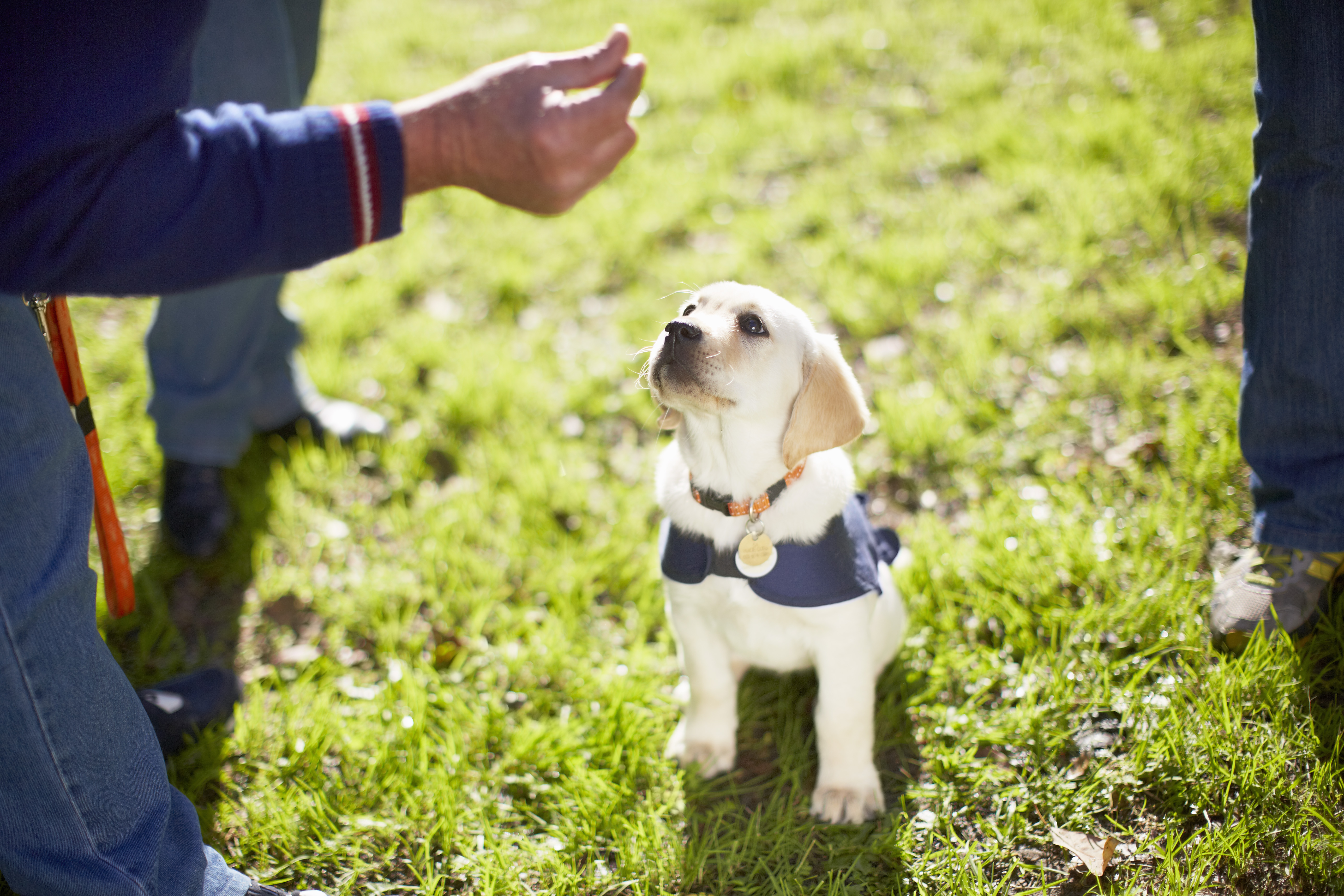
Credit: Getty Images/Westend61
How to teach a dog to sit: Five tips from leading dog trainer Ben Randall
Teaching your dog to sit is one of the most important things you can do — and it will help with
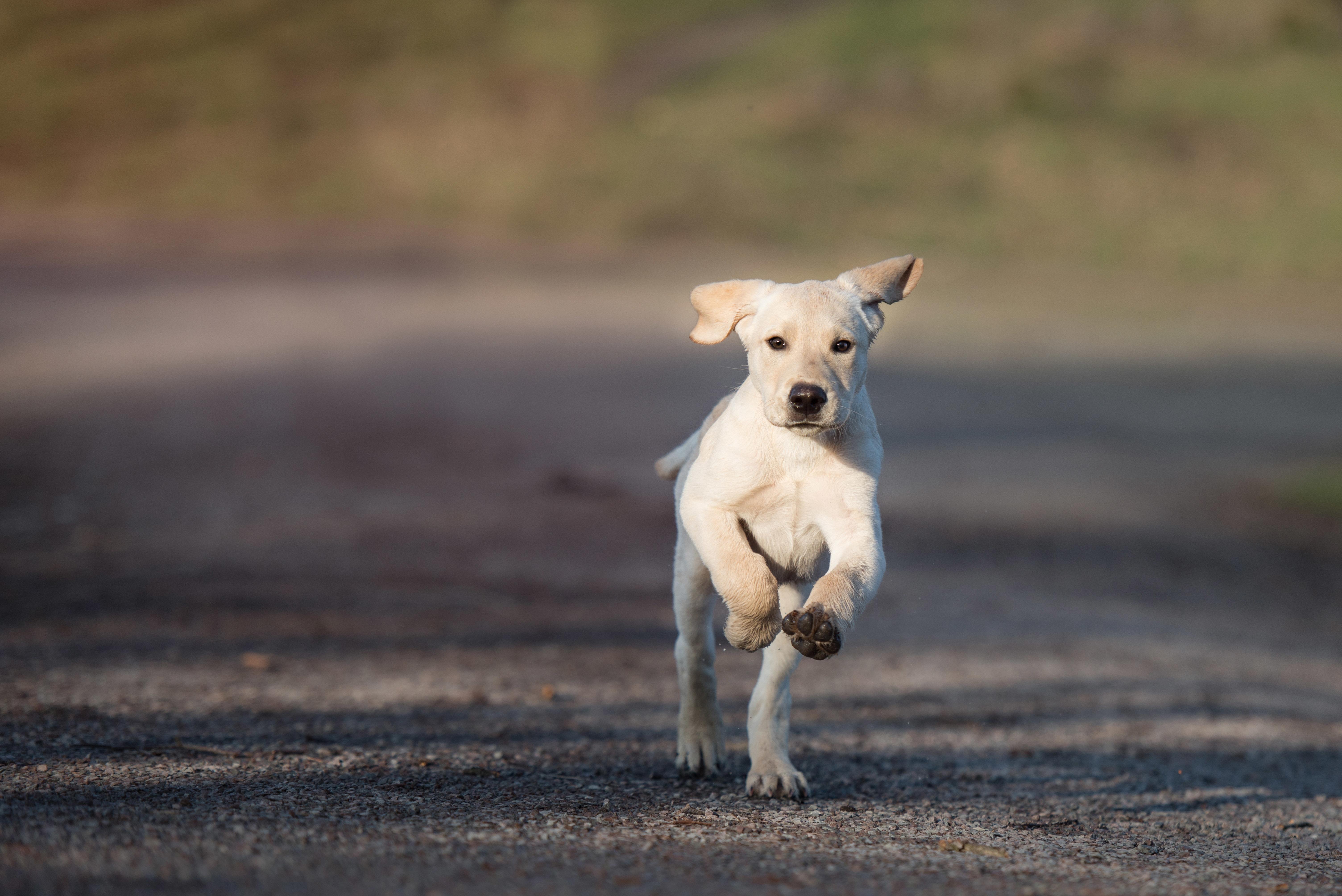
Credit: Alamy Stock Photo
How to stop a dog chasing cars: Six tips from top dog-trainer Ben Randall
Watching your dog run after traffic can be heart-stoppingly scary — but it's also a difficult habit to break. Ben Randall,
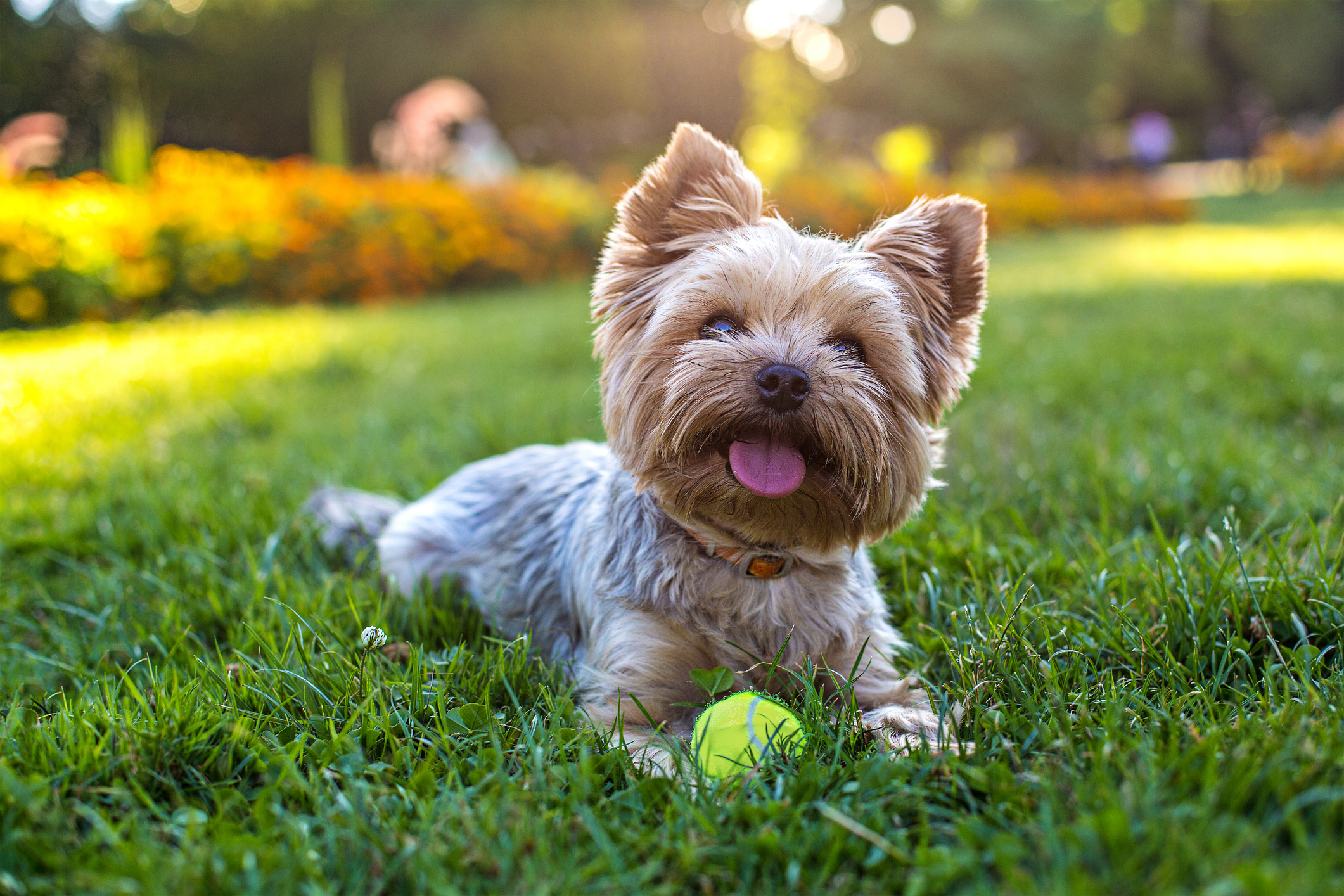
How to train your dogs around your gardening, by expert trainer Ben Randall
It's the time of year when we're all starting to get out more and more — particularly in the garden. That's

What to do if your puppy keeps biting you, by expert trainer Ben Randall
Getting a new puppy is a joy — most of the time. But it's not always easy, especially if your new
